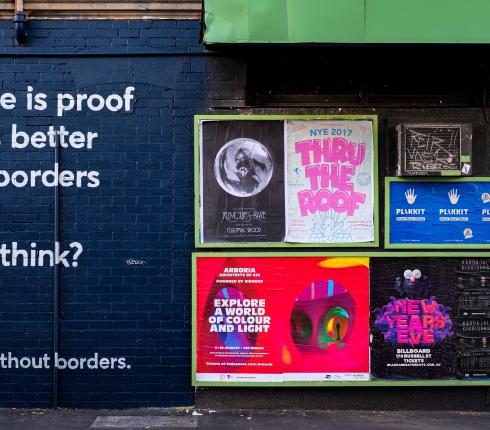3 different ways of solving business disputes – which one to choose?
It’s always great when disputes, if they even occur, can be resolved by negotiation. However, inevitably there will always be disputes, where the parties can’t reach an agreement and they need someone unbiased to help them reach a solution.
The most common way for resolving disputes is court litigation. And in many cases, it’s the best choice as well. However, there are alternatives that, depending on the needs and interests of the parties, might be more suitable.
What’s the difference and what to keep in mind when choosing?
Litigation
All business-related disputes can be resolved in court, if need be. The right to turn to court derives from the constitution.
Often the type of court to turn to, in case of disputes, is already established in the contract. If not, then the law provides answers about which court deals with which disputes. Most of the time it’s possible to turn to the court of defendant’s location, but the law does provide other options in cases of contractual relationships.
Subjecting the dispute to court might be the best way if:
- both parties are located/reside in the same country, speak the same language and share the same cultural background;
- it’s important to you that the cost of claim wouldn’t be too high;
- possibility to contest the verdict outweighs reaching a fast solution;
- the business relationship is small to medium and mutual claims probably won’t be too big;
- the nature of the business relationship is quite common in our economic environment.
Arbitration
If the court has the right to decide disputes between parties based on the law (constitution), then the authority of an arbitral tribunal comes from the parties’ agreement. The dispute cannot be referred to arbitration without an agreement between the parties. The clear advantage of arbitration is the fact that the reached decisions will more likely be enforced outside European Union/European Free Trade Area – about three quarters of the world’s countries mutually recognise the arbitral awards rendered in other countries.
It’s wise to carefully weigh the arbitration agreement: what kind of arbitration institution to choose, what should be the place and language of the arbitration, how many arbitrators should solve the dispute etc. Arbitration institutions do provide standard provisions, but it’s good to consult with a specialist whilst phrasing the arbitration agreement. Not all disputes can be subjected to arbitration, regulations differ from country to country.
Subjecting the dispute to arbitration is the best option if:
- one of the parties is located outside the EU/EFTA;
- it’s important that the proceedings would be held and that the evidence could be submitted in English;
- parties want to keep information about the dispute confidential;
- parties are interested in a fast resolution;
- the dispute settlement body is expected to have a good understanding of economic relationships and the bigger picture.
Mediation
In combination with the court or arbitration, the parties may agree to settle their dispute through mediation with the help of a mediator. A mediator is an unbiased person, who tries to identify the needs of both parties and helps them reach an agreement. If the mediation fails, the parties have to turn to court or arbitration.
Many international arbitration institutions offer mediation services. But the parties may agree on mediation also without picking an institution which means that instead of being administrated by a certain institution, the parties may choose an unbiased mediator, whom they trust and who will carry out the mediation with the agreed upon principles in mind. While setting up a mediation, discuss it with a specialist, who can make recommendations about the content of the mediation clause.
Mediating a dispute might be the best option if:
- it’s more important to maintain a healthy and effective business relationship after the dispute than to win;
- both parties wish to remain in control about the dispute resolution process and its result.
Contact us if you wish to know more about the different ways to resolve disputes or you need help phrasing the dispute settlement clause in contracts!
































